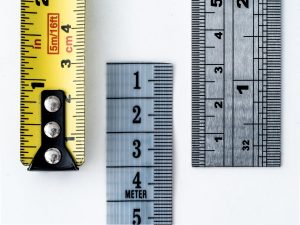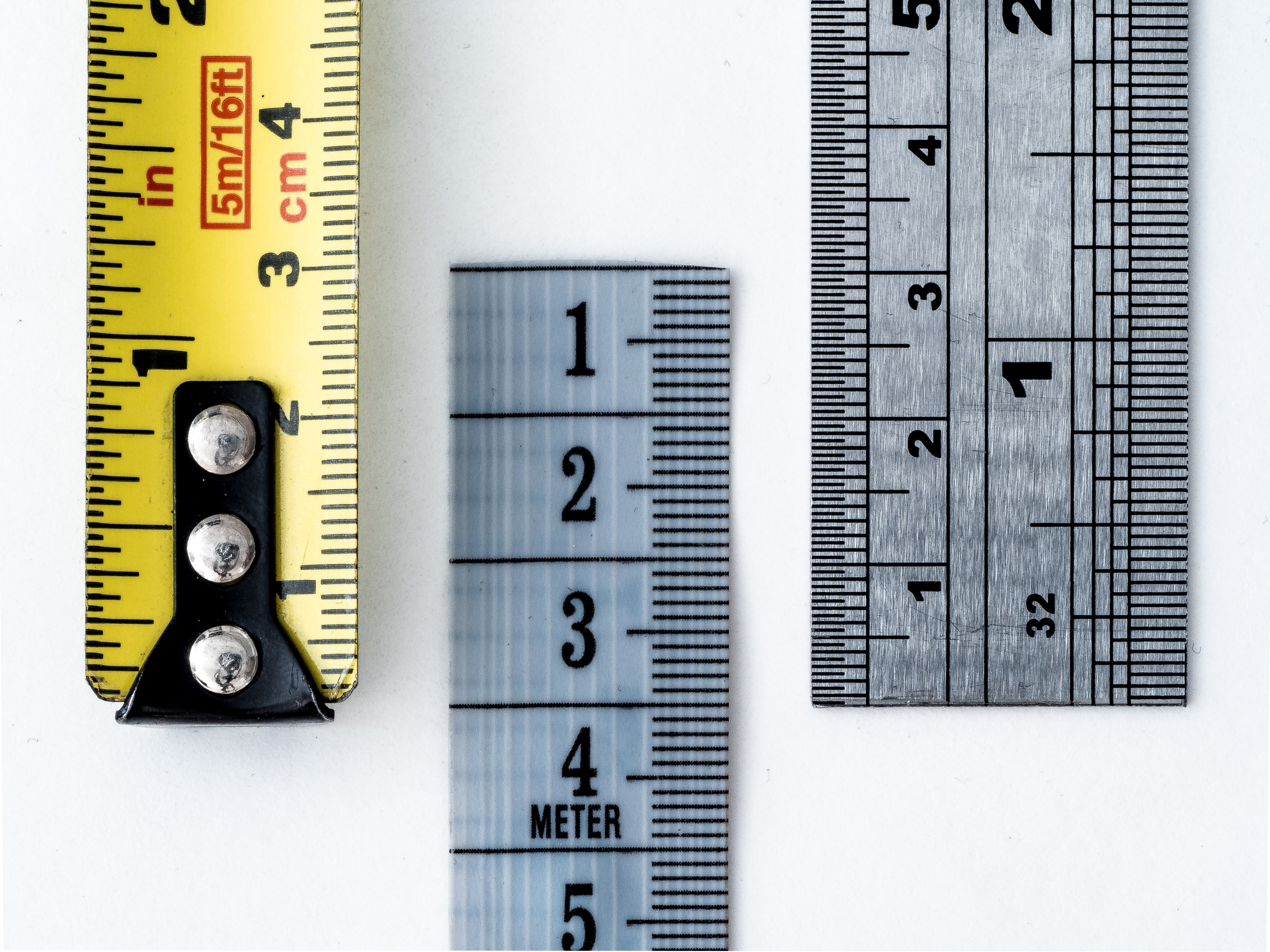
When Moshe told Yisro all that happened toKlal Yisrael, Yisro responded: “Blessed is Hashem, Who has rescued you from the hand of Egypt and from the hand of Pharoah; Who has rescued the people from under the hand of Egypt.” (Shemos 18:10). Yisro then concluded: “Now I know that Hashem is greater than all the gods, for in the very matter in which (the Egyptians) had conspired against them (asher zadu aleihem)…!” (Shemos 18:11).
Rashi says that Yisro was speaking from experience because he was a Priest of Idolatry. In his search for the Truth, Yisro first tried all the other religions of the world, and now he came to the recognition that Judaism was the true religion of the All-Powerful G-d. Yisro says that he recognized this fact “because of the matter asher zadu aleihem.” What do those words – asher zadu aleihem – mean?
Rashi says that Pharaoh attempted to destroy the Jews in water (drowning their male children in the Nile) and, in the end, the Egyptians were destroyed in water (when they drowned in the Yam Suf). Yisro saw the greatness of the Ribono shel Olam in the poetic justice of that punishment. The Egyptians did not receive just any punishment, but they died in exactly the same way they caused the Jews to die. Rashi adds that the Rabbis comment that the word zadu comes from the same root as “vayazed Yaakov nazid” (Yaakov cooked lentils) – as if to say – they themselves were cooked in the pot that they planned to cook the Jews.
I saw an interesting comment on Yisro’s statement “Now I know that Hashem isGadol(greater) than all the Elohim“. The wordGadolhas a special connotation in Yiddishkeit. In Parshas V’Eschanon, on the pasuk “Hashem Elokim you have begun to show me Your greatness (godlecha) and Your mighty Arm…” (Devorim 3:24), Rashi explains that “Godlecha” refers to Your Attribute of Goodness. So too, it is written “Now please magnify (Yigdal Nah) the Power of Hashem…” (Bamidbar 14:17).
The wordGadol, in reference to the Ribono shel Olam, refers to a specific Divine Attribute. It refers to His Attribute ofChesed(Kindness). This should come as no surprise to us. We need to know this to fulfill our obligation of reciting Shemoneh Esrei. In the firstbrachaof Shemoneh Esrei, it is essential to know the meaning of the words. We say “HaKel haGadol haGibor v’haNorah“. Each one of these descriptions has a specific connotation.Gadolconnotes His Attribute ofChesed. Gibor refers to the Might and Power of the Ribono shel Olam. Each word means something specific.
When Yisro said, “Now I see the greatness of the Almighty,” what specific greatness did he mean? Offhand, we might think Yisro should not have used the wordGADOL, but rather GIBOR – he drowned the Egyptians. He gave them what they deserved. This seems like the Attribute of Justice (Midas HaDin). The Hebrew word to express Midas HaDin is Gevurah – Gibor.Gadolis Midas HaChesed, the Attribute of Kindness. Why then, did Yisro say “Now I know that Hashem is Gadol” when he should have said “Now I know that Hashem is Gibor“? This seems like a manifestation of His strict Gevurah, not of His Kindness!
Apparently, Yisro felt that the drowning of the Egyptians was a manifestation of the Kindness of the Ribono shel Olam. The reason for that is because it was a classic example of “Midah k’neged Midah” (measure for measure): They tried to drown you, so they are going to drown themselves. The reason the Almighty punishes people ‘measure for measure’ is because when the Ribono shel Olam metes out punishment to a person, it is not merely to punish him. It is not out of revenge. Hashem punishes us because he wants to straighten us out and correct our erroneous ways. However, how are we supposed to know what are we doing wrong? This is a terribly pressing question. People suffer all kinds of tzores. One of the most common questions is, “So what should I do? What should I correct?”
This is the tragedy of not having Prophets today. If we had prophets, and a person could go to theNaviand ask “Why is this happening to me?” theNavicould tell him exactly why it was happening. “This is what you are doing wrong!”
Today we are in a cloud. But there are times when the punishment matches the crime. When that happens, the Ribono shel Olam is hinting to us what we are doing wrong! This is a tremendous Kindness. The Ran writes in the Droshos HaRan that when retribution comes in the same form as the crime, we can recognize that it is happening by Divine Providence, and then it will be clear how to make amends. Unfortunately, though, it is not always so simple and not always so obvious.
Rav Chaim Shmuelevitz once told a story in a shmooze about a match that was proposed for a young lady with a tremendous bochur, but the bochur had a limp. When the Shidduch was proposed to the mother of the girl, she rejected it. “I don’t want a bochur with a limp. He may be the best bochur in the Mir Yeshiva, but I don’t want a son-in-law who limps.” She rejected the Shidduch. Shortly thereafter, this woman fell and broke her leg. She came to Rav Chaim Shmuelevitz and asked, “What did I do wrong that this happened to me?”
I don’t know if he told her this to her face, but Rav Chaim Shmuelevitz rightly said in this shmooze that this was as simple as the nose on her face. Of course, it is not always this obvious. But the Droshos HaRan emphasizes that Divine Providence is evident when the punishment comes in the exact area where the sin was committed.
TheNaviYeshaya writes “…I am the L-rd your G-d who teaches you for benefit (l’lamdecha l’ho’il), He shows you the road upon which you shall walk” (Yeshaya 48:17). He teaches you so that there will be a benefit to the lesson. We do not have Neviim to talk to us today, but we need to try to look for the connection between what has happened and why it happened. If I received this particular klop, then maybe it somehow has to do with the particular way I am acting.
The Ramchal writes that HaKadosh Baruch Hu is interested in the Tikun (correction/improvement) of His creations. Divine punishment is not like putting a person in jail for fifteen years to let him rot for the evil crime he has committed. That is not how the Ribono shel Olam punishes people. He punishes people with the intention that they should improve. “He does not push away the wicked with two hands; on the contrary He purifies them in the furnace like a metallurgist takes away the impurities of metal.”
That is what Yisro is saying: Now I realize thatGadol Hashem– it is a great kindness He did by executing ‘measure for measure’ judgment against the Egyptians for their sins. Now they became aware of what they did wrong!
Of course, we might ask, how did knowing what they did wrong help the Egyptians? They met their final fate by drowning in the water. What good does that knowledge do for them after they are dead?
The Ibn Ezra writes on the pasuk “And the Egyptians shall know that I am Hashem” (Shemos 14:18) that this refers to the Egyptians who were left and observed what happened to their fellow Egyptians who drowned at the Red Sea. He also adds that even those who drowned, in the instant before they expired they recognized the Hand of G-d and the appropriateness of their punishment. At that moment they had an opportunity to do Teshuva.
The tragedy with the Space Shuttle Challenger occurred a long time ago, in January 1986. I remember reading an editorial at the time—perhaps in the Wall Street Journal. Someone made an interesting observation. The conventional wisdom at that time was that when the Challenger exploded, the crew did not know what hit them. They all died instantly. People felt consoled “Well, at least they did not suffer.”
However, someone pointed out that it is no big bonus for them to have died in a flash without knowing what hit them, and without even having an instant to formulate their “last thoughts”. It is advantageous for man to have “hirhurei Teshuva” (thoughts of spiritual remorse) in his last moments on earth. It is noChesedto die without being given that opportunity.
The Ibn Ezra says that the Egyptians may have drowned, and they may not have had more than a moment or two to formulate their last thoughts. But they did have the opportunity to recognize that they were drowning and to perhaps ask “Why is this happening to me?” There were Egyptians who “got it” and figured out that this was not a coincidence. For a split second or maybe two, the Egyptians had a recognition that “I am Hashem” who metes out just punishment. They went to their deaths with those thoughts, and maybe they even had a hirhur of Teshuva. Even that brief opportunity for improvement represents the Good and Kindness (Gadol) that Yisro recognized in Hashem’s ‘measure for measure’ punishment.
Transcribed by David Twersky; Jerusalem DavidATwersky@gmail.com
Technical Assistance by Dovid Hoffman; Baltimore, MD dhoffman@torah.org
This week’s write-up is adapted from the hashkafa portion of Rabbi Yissochar Frand’s Commuter Chavrusah Series on the weekly Torah portion. A listing of the halachic portions for Parshas Yisro is provided below:
- # 042 Kiddush: To Sit or Not to Sit
- # 085 Christianity in Halacha
- # 133 Honoring In-Laws
- # 180 The Mitzvah of Kiddush for Men and Women
- # 226 The Fearless Judge: A Difficult Task
- # 270 Parental Wishes vs. Staying in Israel
- # 316 The Reading of the “Aseres Hadibros”
- # 360 Dolls and Statues: Is There An Avodah Zarah Problem?
- # 404 Making a Bracha on a Makom Neis
- # 448 Lo Sachmod
- # 492 Eating Before Kiddush
- # 536 Newspapers on Shabbos
- # 580 Women and Havdalah
- # 624 Resting Your Animal on the Shabbos
- # 668 Kiddush B’mkom Seudah
- # 712 The Kiddush Club
- # 756 The Kosel Video Camera
- # 800 Avoda Zara and The Jewish Jeweler
- # 844 Yisro and Birchas Hagomel
- # 888 What Should It Be – Hello or Shalom?
- # 932 Saying The Shem Hashem While Learning – Yes or No?
- # 975 Kiddush on Wine: Absolutely Necessary?
- #1019 Unnecessary Brachos
- #1063 Ma’aris Ayin: The Power Lunch In A Treife Restaurant
- #1106 Must You Treat Your Father-in-Law Like Your Father?
- #1149 Kiddush Shabbos Day – On What? What Do You Say?
- #1192 I Keep 72 Minutes; You Keep 45 – Can You Do Melacha for Me?
- #1236 “I Want Your House and I’ll Make You an Offer You Can’t Refuse”: Muttar or Assur?
- #1280 The Shul Kiddish Shabbos Monring: Two Interesting Shailos
- #1281 Kiddush Shabbos Day – Must Everyone Drink the Wine?
- #1324 Saying Kaddish: All Aveilim Together or Each One Individually on a Rotating Basis?
- #1368 Davening For Personal Needs on Shabbos?
- #1412 Must One Keep Their Father’s Minhagim or What Bracha Do You Make on Potatoes
- #1456 The Case of the Son-in-Law Who Wants More Support Money From His Father-in-Law.
A complete catalogue can be ordered from the Yad Yechiel Institute, PO Box 511, Owings Mills MD 21117-0511. Call (410) 358-0416 or e-mail tapes@yadyechiel.org or visit http://www.yadyechiel.org/ for further information.



